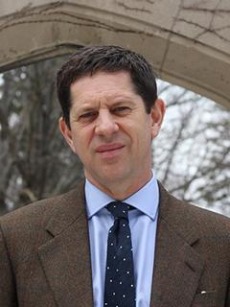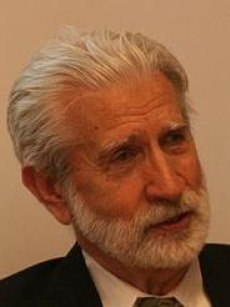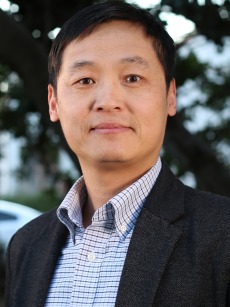People
Academic Advisory Board

Ames, Roger
Roger T. Ames is Humanities Chair at Peking University, a Berggruen Fellow, and former Professor of Philosophy at the University of Hawai’i. He is former editor of Philosophy… Read More

Benn, James
James Benn is Professor of Department of Religious Studies at McMaster University. He was trained primarily as a scholar of medieval Chinese religions (Buddhism and Taoism).… Read More

Duran, Javier D
Javier D. Durán, Professor of Spanish and Border Studies, is a specialist in cultural and literary studies along the U.S.-Mexico border. He is a native of the Arizona-Sonora… Read More

Heirman, Ann
Ann Heirman, Ph.D. (1998) in Oriental Languages and Cultures, is Professor at Ghent University (Belgium), where she is teaching Classical and Buddhist Chinese. She has… Read More

Lancaster, Lewis
Dr. Lewis Lancaster is Professor Emeritus of Department of East Asian Languages at the University of California at Berkeley and has been an adjunct professor at UWest since… Read More

Seat, Karen K
Dr. Karen Seat specializes in U.S. religious history, American evangelicalism, and gender studies. In 2012, Dr. Seat began serving as director of the Religious Studies Program… Read More

Welter, Albert
Albert Welter is Professor and Department Head of East Asian Studies, University of Arizona. His area of academic study is Chinese Buddhism, and he has published in the area of… Read More

Wu, Jiang
Dr. Jiang Wu is currently Regents Professor in the Department of East Asian Studies, director of Center for Buddhist Studies… Read More

